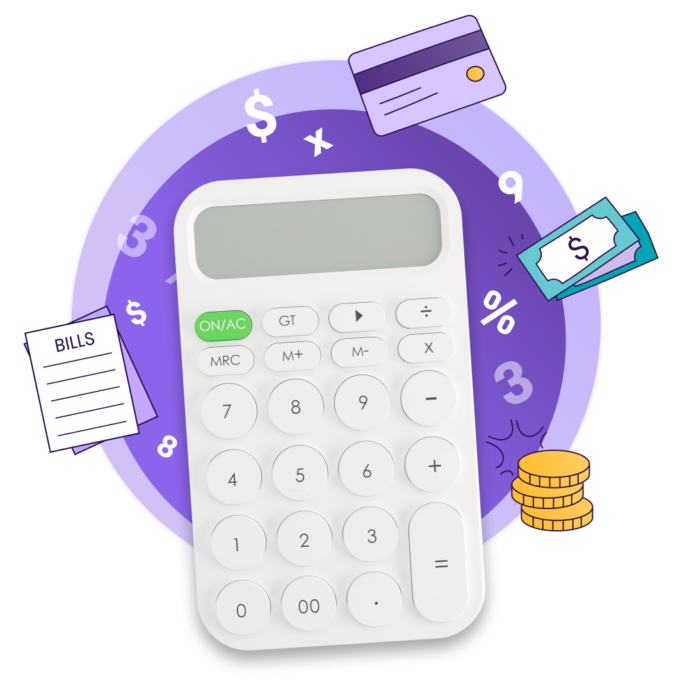- Debt relief starts here
- Who we are
-
-
Our locations
-
Debt Relief in Alberta
-
Debt relief in British Columbia
-
Debt relief in Manitoba
-
Debt relief in New Brunswick
-
Debt relief in Newfoundland and Labrador
-
Debt relief in Nova Scotia
-
Debt relief in Nunavut
-
Debt relief in the Northwest Territories
-
Debt relief in Ontario
-
Debt relief in Prince Edward Island
-
Debt relief in Saskatchewan
-
Debt relief in the Yukon
-
Debt help resources
Explore articles and resources that can help you understand debt and the solutions available to you.
I want to learn more about:
Dating and debt: the relationship between love and money

Trending topics

Do I get paid while on strike? And other financial concerns

How tariffs impact Canadians—and how to prepare if you’re facing debt

How do bankruptcies work in Canada?
Latest articles

How to help friends or family struggling with debt

What happens to debt after death?

How tariffs impact Canadians—and how to prepare if you’re facing debt
Explore your debt repayment options
Every person's debt situation is different. Our debt repayment calculator can help you understand your debt management options and estimated monthly payments.


Get peace of mind
Our Licensed Insolvency Trustees and debt professionals will explore your options and help you find the right solution to become debt free.
-
Free 1-hour consultation
-
Expert debt advice
-
No judgement
-
No obligation
Explore specific debt help topics
I want to learn more about:
Looking for assurance, tax, and business advisory services? Visit Doane Grant Thornton LLP.

Loading